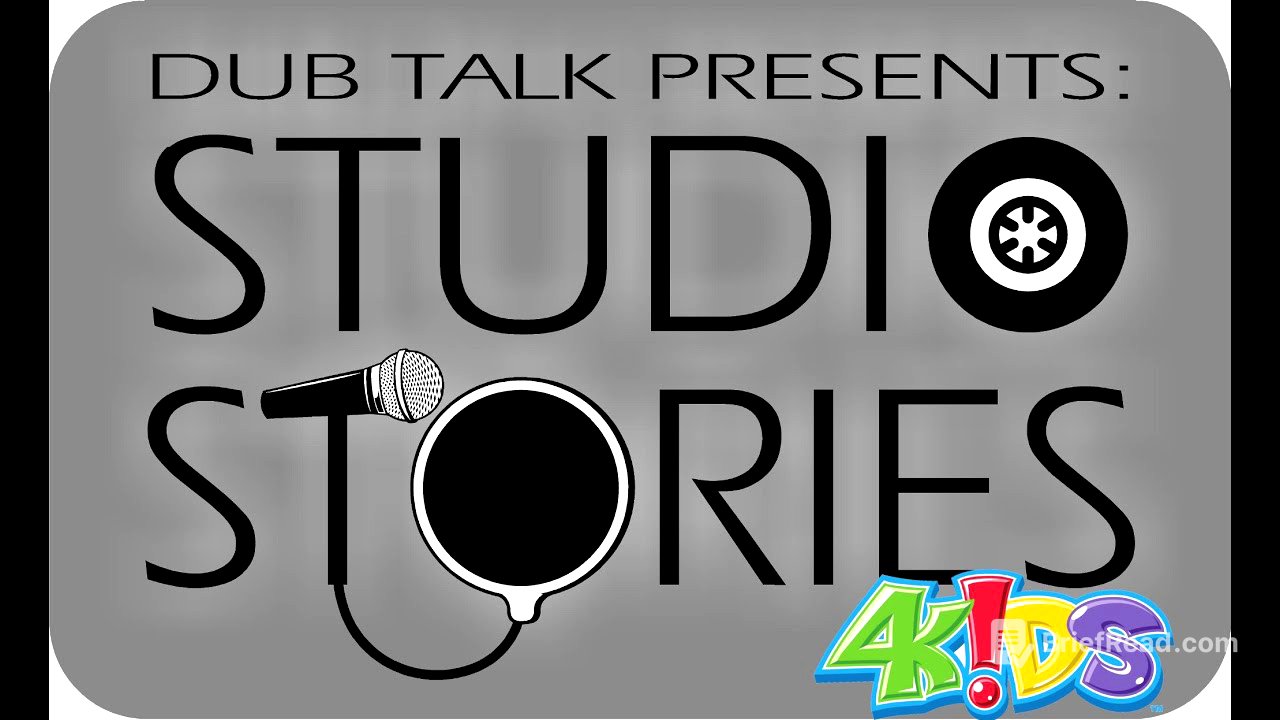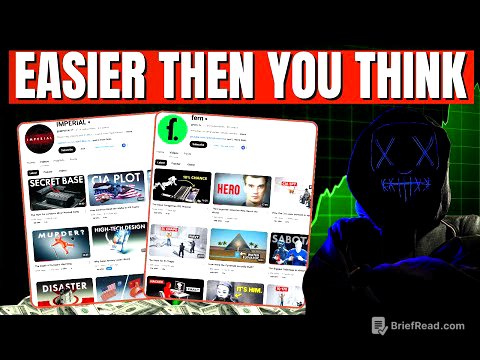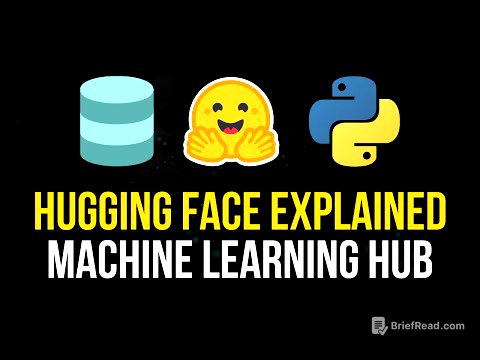TLDR;
This video explores the history and impact of 4Kids Entertainment, a company known for its heavily edited and localized English dubs of anime series. It covers the company's origins as Leisure Concepts, its rise to prominence with Pokémon and Yu-Gi-Oh!, the controversies surrounding its localization practices, its attempts to cater to hardcore anime fans, the voice acting talent it employed, and its eventual downfall due to financial troubles and legal battles.
- 4Kids Entertainment's dubs, while controversial, introduced many to anime.
- The company's localization practices often involved heavy edits and censorship.
- Despite the criticism, 4Kids worked with talented voice actors who have had a lasting impact on the industry.
- Financial issues and legal battles led to the company's demise.
From Leisure Concepts to 4Kids Entertainment [1:05]
The company that would become 4Kids Entertainment was originally founded in 1970 as Leisure Concepts, which focused on pitching toy and cartoon ideas to companies. In 1991, Alfred J. Kahn became CEO, and the company shifted its focus to producing TV shows, including English dubs for anime. In 1992, the company split into two subsidiaries: 4Kids Productions and Summit Media. 4Kids Productions was renamed 4Kids Entertainment in 1995, while Summit Media acquired the license for the Pokémon anime, which significantly impacted the 4Kids side of the company. The dub of Pokémon began airing in September 1998.
Rise to Fame and Localization Controversies [2:26]
Following the success of the Pokémon anime, 4Kids Entertainment acquired the rights to several other anime series, including Yu-Gi-Oh!, Ultimate Muscle, Kirby: Right Back at Ya!, and Sonic X. These shows underwent varying degrees of censorship and heavy localization, which included altering music, character names, and plot elements. One of the biggest markers of 4Kids' infamy came in 2004 when they acquired the rights to One Piece. The dub suffered from heavy censorship, such as removing blood, smoking, and firearms, which, combined with the voice direction, led to a negative reception.
Attempts to Please Hardcore Fans [5:12]
Despite being criticized for their localization practices, 4Kids made attempts to appeal to hardcore anime fans. In 2004, they partnered with Funimation to release DVDs of Yu-Gi-Oh! featuring dual audio and unedited footage. However, these releases retained the westernized character names and had stilted subtitles, which didn't go over well with fans. These releases were short-lived and canceled in 2005. Later, 4Kids made a subtitle release of Yu-Gi-Oh! available on YouTube and created a dedicated anime streaming site called Toonzaki in 2010, which offered some releases of Yu-Gi-Oh! 5Ds and other anime, but these were heavily edited.
Voice Acting Talent [7:07]
4Kids Entertainment worked with many voice actors and directors, some of whom became iconic figures in the industry. Jim Malone, who worked with recording studio TAJ Productions, was the first ADR director for the Pokémon anime. Veronica Taylor, who worked at TAJ Studios recording for Amelia from Slayers, landed the role of Ash Ketchum after auditioning for the part. Eric Stuart, known for his roles as Seto Kaiba from Yu-Gi-Oh! and James from Pokémon, also did ADR direction for 4Kids dubs. Dan Green, best known as Yugi Mutou from Yu-Gi-Oh!, also did a lot of ADR direction and script work outside of 4Kids. The late Maddie Blaustein, who made her debut with 4Kids doing voices for Pokémon, voiced Meowth from episode 29 onward and was one of the first openly trans actresses in voice acting.
Downfall and Legacy [11:51]
4Kids Entertainment's downfall began around 2006 when they lost the rights to the Pokémon anime. This was followed by financial woes, including owing money to The Pokémon Company and TMS for Sonic X. The company was delisted from the New York Stock Exchange in 2010. In 2011, 4Kids engaged in a legal battle with TV Tokyo and ADK over the Yu-Gi-Oh! license, which they ultimately won but at a significant cost. In 2012, they transferred the rights for several series to Saban and the Yu-Gi-Oh! license to Konami. The remaining part of the company was rebranded as 4Licensing Corporation, and in 2016, it filed for Chapter 11 bankruptcy. Despite the controversies, 4Kids' work had a significant impact on creating a new generation of anime fans, and their dubs are still remembered by many.









